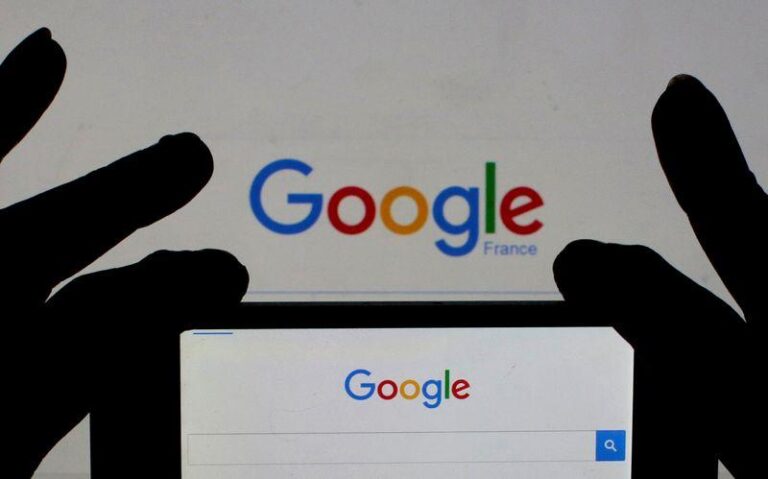
(Reuters) – Giving an inch to Google and Facebook in the battle over paying for news demands extra vigilance to ensure they don’t take a mile. The technology titans won concessions in an Australian proposal forcing them to negotiate directly with publishers and broadcasters in a trailblazing experiment that could be copied by other countries. It is one more measure of their clout.
In response to a draft of the so-called media bargaining code released earlier this year, Alphabet-owned Google baulked, arguing that it would make its products “dramatically worse” for Australians. Facebook threatened to block local users from sharing news. With $2 trillion of combined market value, which exceeds the country’s entire annual economic output, it is unsurprising the duo made some headway in Canberra.
For starters, they will only need to agree prices for content on Google Search and Facebook News Feed. Other services, such as Facebook’s Instagram and Google’s YouTube, are excluded for now. The companies also will have to provide less advance notice – 14 days instead of the originally proposed 28 – on any changes to their algorithms that might affect news outlets. Finally, they can claim value for readers and viewers they refer from their sites to media companies.
The broader blueprint, however, could be significant for a financially decimated news business. Although Rupert Murdoch dominates Australian media, Google and Facebook devour more than 80% of the digital advertising pie. Pushing technology companies and news providers to figure out the right numbers themselves is the best approach. A government-enforced backstop in the form of binding arbitration will likely encourage them to strike deals. There are also fines of up to A$10 million ($7.4 million) or 10% of revenue generated in the country as a further safeguard.
Even so, the negotiating power clearly belongs to Google and Facebook, evidenced by their successful lobbying efforts. Although Google said in October that it would pay publishers worldwide $1 billion over the next three years as part of a new mobile product, it also is likely to drive a hard bargain in Australia by ascribing greater value to eyeballs than the media companies themselves. That could put the onus on the media watchdog to take a tougher stand.





